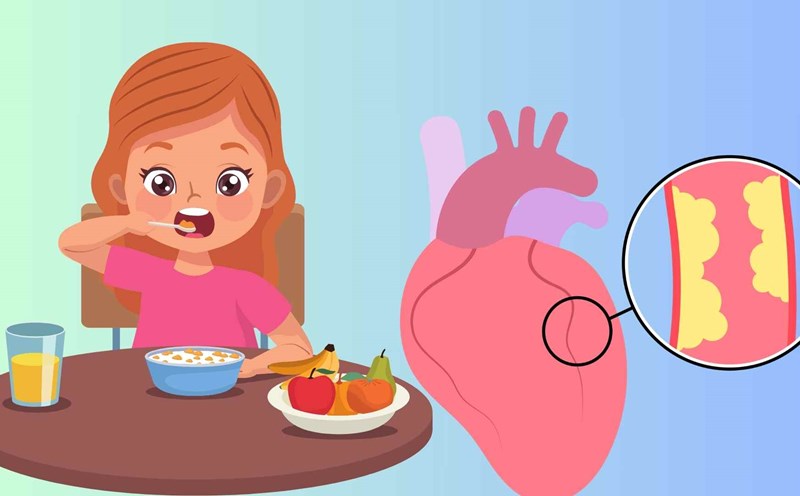Here are 5 types of vegetables and meat that should be carefully washed before processing.
Cabbage (green cabbage, mustard greens)
Cabbage, especially broccoli and mustard, contains high levels of glucosinolate - a compound that can be converted into healthy isothiocyanate, but if consumed in excess, it can cause digestive irritation.
Refined watercress is high in nitrates and oxalates, which can affect kidney function if accumulated for a long time.
alone-selling the cabbage in boiling water for about 30-45 seconds can reduce nitrates and oxalates by 40-60% without significantly losing vitamin C.
Water spinach
A popular vegetable but is prone to the removal of oxalate - a compound associated with the formation of kidney stones. In addition, water spinach often carries bacteria or parasites such as liver leaf cadres if eaten raw or not cooked thoroughly.
The World Health Organization (WHO) recommends: wash water spinach for about 1 minute before stir-frying or cooking soup to destroy microorganisms and reduce oxalates.
believing in water spinach helps reduce the risk of microorganisms causing intestinal diseases by more than 50%.
Bitter melon (suffer)
Bitter melon contains many nutrients that are good for people with diabetes such as charantin, but there are also some alkaloids that irritate the stomach if consumed in large amounts or in people with weak digestive systems. Cinnamon helps soothe the bitter taste while still retaining the beneficial active ingredient.
Chill the bitter melon for 30 seconds in boiling water before stir-frying, stuffing the meat or cooking the soup.
This method only takes away less than 10% of vitamin C, while helping to reduce the bitter taste by 70%.
Beef
Beef shrimp helps remove soy protein, mucus, odor and remaining dirt after processing. At the same time, this step also helps the broth to be clearer when cooking hotpot or stewed.
The British Dietetic Association (BDA) recommends 1-2 minutes of beef in boiling water with ginger and onions to deodorize and remove protein foam.
A 2023 study at the Food Technology Institute of Japan shows that: grilling beef before stewing helps reduce nitrosamine levels formed during the long cooking process at high temperatures by more than 80% - a substance associated with the risk of cancer.
pig's bones
Pork bones, when simmered for soup or broth, easily produce foam, saturated fat and protein residue. an helps remove most of the unnecessary fat and makes it in broth.
Stewing pork bones for 3-5 minutes in boiling water helps remove up to 50% free fat and significantly reduces harmful substances that can be generated during the stewing process such as heterocyclic amines (HCA).











